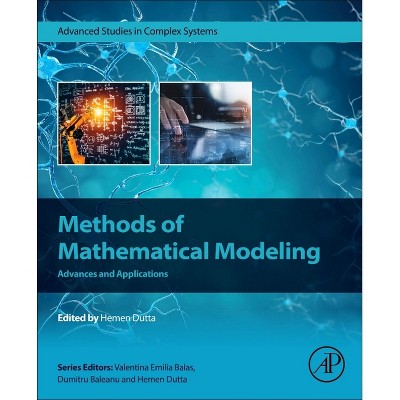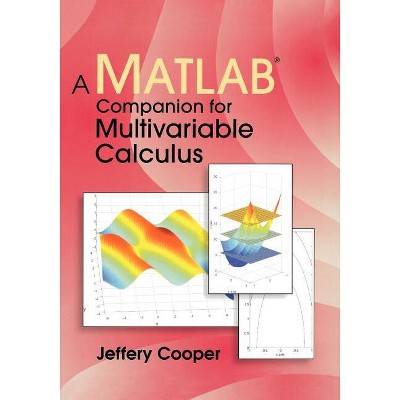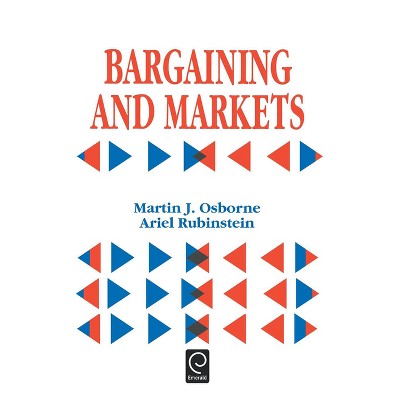Sponsored

Transcendental Curves in the Leibnizian Calculus - (Studies in the History of Mathematical Inquiry) by Viktor Blasjo (Paperback)
In Stock
Sponsored
About this item
Highlights
- Transcendental Curves in the Leibnizian Calculus analyzes a mathematical and philosophical conflict between classical and early modern mathematics.
- Author(s): Viktor Blasjo
- 282 Pages
- Mathematics, Applied
- Series Name: Studies in the History of Mathematical Inquiry
Description
Book Synopsis
Transcendental Curves in the Leibnizian Calculus analyzes a mathematical and philosophical conflict between classical and early modern mathematics. In the late 17th century, mathematics was at the brink of an identity crisis. For millennia, mathematical meaning and ontology had been anchored in geometrical constructions, as epitomized by Euclid's ruler and compass.
As late as 1637, Descartes had placed himself squarely in this tradition when he justified his new technique of identifying curves with equations by means of certain curve-tracing instruments, thereby bringing together the ancient constructive tradition and modern algebraic methods in a satisfying marriage. But rapid advances in the new fields of infinitesimal calculus and mathematical mechanics soon ruined his grand synthesis.
Descartes's scheme left out transcendental curves, i.e. curves with no polynomial equation, but in the course of these subsequent developments such curves emerged as indispensable. It was becoming harder and harder to juggle cutting-edge mathematics and ancient conceptions of its foundations at the same time, yet leading mathematicians, such as Leibniz felt compelled to do precisely this. The new mathematics fit more naturally an analytical conception of curves than a construction-based one, yet no one wanted to betray the latter, as this was seen as virtually tantamount to stop doing mathematics altogether. The credibility and authority of mathematics depended on it.
Review Quotes
"One of the general philosophical teachings that I have learned from this book is to cast doubt on certain modes of thinking that are so engrained in our everyday practice (as scientists and philosophers) to become accepted standards of rationality." --Zentralblat MATH
"This is the story of the right historical context for the development of the Leibnizian calculus.To present a clear picture of the time and of the type of problem animating research in the 17th century, the author first delves into the philosophical context, all practitioners claiming allegiance to the ancient Greeks, but with a continental vs. British difference." -- MathSciNet
"Blåsjö does an excellent job. His study is informative, well organized, thought provoking, clearly written and thoroughly researched. ... Blåsjö's work provides a great service to the mathematical community." -- MAA Reviews
"This book tells the unique and fascinating story of the early calculus, focusing on Leibniz's publications." -- zbMATH
Shipping details
Return details
Frequently bought together

Trending Non-Fiction
















